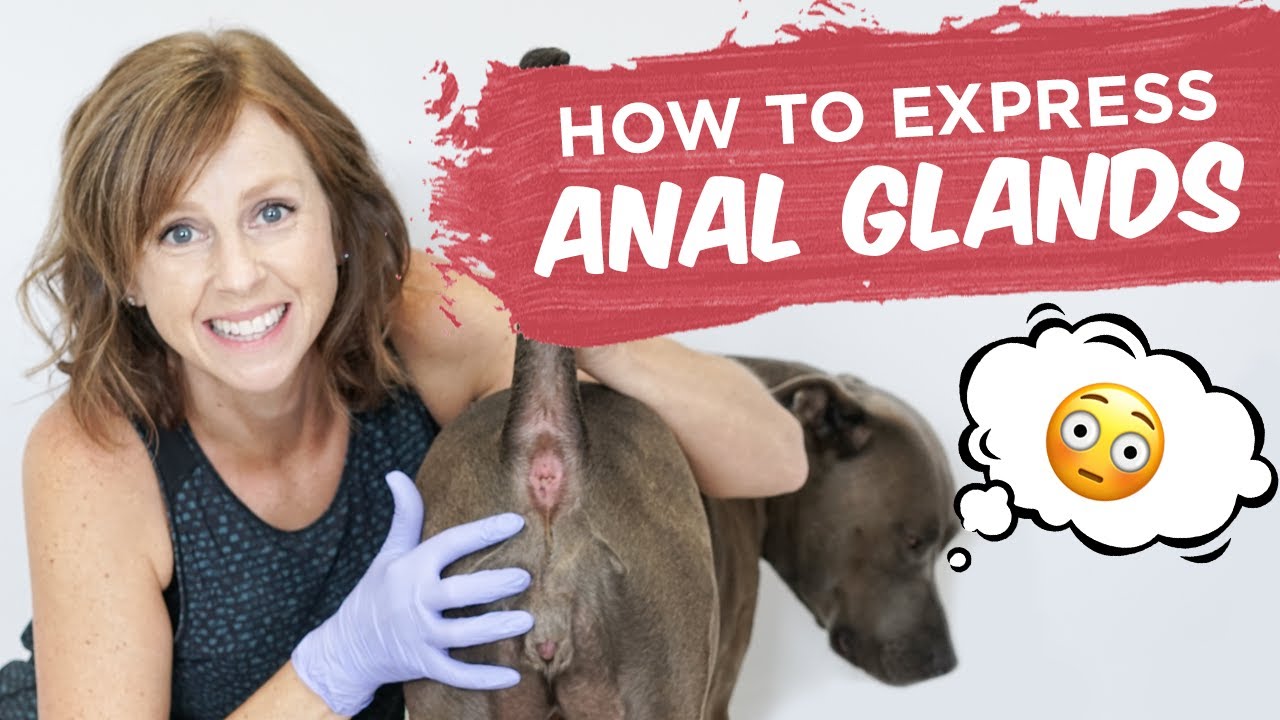Decoding Anal Gland Expression: A Vital Aspect of Pet Health
Anal gland expression is a crucial but often misunderstood aspect of pet care. In this comprehensive guide, we will demystify anal gland expression, explain its significance for your pet’s health and comfort, and help you recognize common symptoms that indicate when it’s necessary.
Unveiling the Importance: Why Your Pet May Require Anal Gland Expression
Understanding why anal gland expression is necessary can aid pet owners in ensuring their furry companions’ well-being. This section delves into the inner workings of anal glands in pets, shedding light on why this process is essential to their comfort and health.

Detecting Trouble: Recognizing Symptoms of Anal Gland Problems
Early detection of anal gland issues can prevent discomfort and complications for your pet. Here, we outline the telltale signs, including scooting, excessive licking, and unpleasant odors, that signal the need for anal gland expression.
Exploring Options: DIY vs. Professional Anal Gland Expression
When it comes to addressing anal gland issues, pet owners have choices. In this section, we compare the advantages and disadvantages of DIY expression and seeking professional veterinary care. We offer guidance on when pet owners can safely perform DIY expressions and when it’s best to rely on a veterinarian’s expertise.
Techniques Demystified: How to Perform Anal Gland Expression
Here, we dive into the various techniques used for anal gland expression. We provide step-by-step guidance on manual expression, external expression, and the use of lubricants. Emphasizing the importance of gentle and safe practices, this section equips pet owners with the knowledge needed for effective anal gland expression.
Knowing When to Ask for Help: When to Seek Professional Veterinary Assistance
While DIY expression is an option, there are times when professional help is crucial. In this section, we explain situations in which pet owners should seek immediate veterinary assistance for anal gland issues. We address complications that may arise and provide guidance on finding a trusted veterinarian.
Proactive Care: Preventing Anal Gland Issues in Your Pet
Prevention is often the best strategy. In this section, we provide pet owners with practical tips on preventing anal gland problems. We discuss dietary changes, exercise routines, and the importance of regular vet check-ups in maintaining healthy anal glands for their pets.
Frequently Asked Questions (FAQs) About Anal Gland Expression
1. What is anal gland expression, and why is it necessary for pets?
Anal gland expression is the process of emptying the anal glands in pets. It’s necessary to prevent discomfort and health issues caused by gland blockages.
2. How can I tell if my pet needs anal gland expression?
Common signs include scooting, excessive licking of the anal area, and a foul odor. If you notice these symptoms, it’s time for expression.
3. Can I express my pet’s anal glands at home?
Some pet owners can safely perform DIY anal gland expression, but it’s important to learn proper techniques. Consult your vet for guidance.
4. What are the risks of not expressing my pet’s anal glands?
Not expressing anal glands can lead to painful infections and abscesses. It’s crucial to address the issue promptly.
5. How often should I express my pet’s anal glands?
The frequency varies by pet, but it’s typically done every 1-2 months. Your vet can provide personalized recommendations.
6. Is anal gland expression painful for pets?
When done correctly, anal gland expression should not be painful. It provides relief from discomfort.
7. Are there any home remedies for anal gland issues?
Dietary changes, increased fiber intake, and regular exercise can help prevent anal gland problems in some cases.
8. Can anal gland issues be a sign of a more serious health problem?
Yes, recurring anal gland issues may indicate underlying health concerns. Consult your vet for a thorough examination.
9. What should I do if my pet experiences complications after anal gland expression?
If your pet exhibits unusual symptoms or discomfort after expression, contact your veterinarian immediately.
10. Is anal gland expression covered by pet insurance?
Some pet insurance policies cover anal gland expression if it’s deemed medically necessary. Check with your insurance provider for details.
Conclusion:
In conclusion, this comprehensive guide has equipped you with the knowledge and strategies needed to ensure your pet’s comfort and health through proper anal gland care. By recognizing symptoms, knowing when to seek professional assistance, and embracing preventive measures, you can be a responsible and attentive pet owner.




